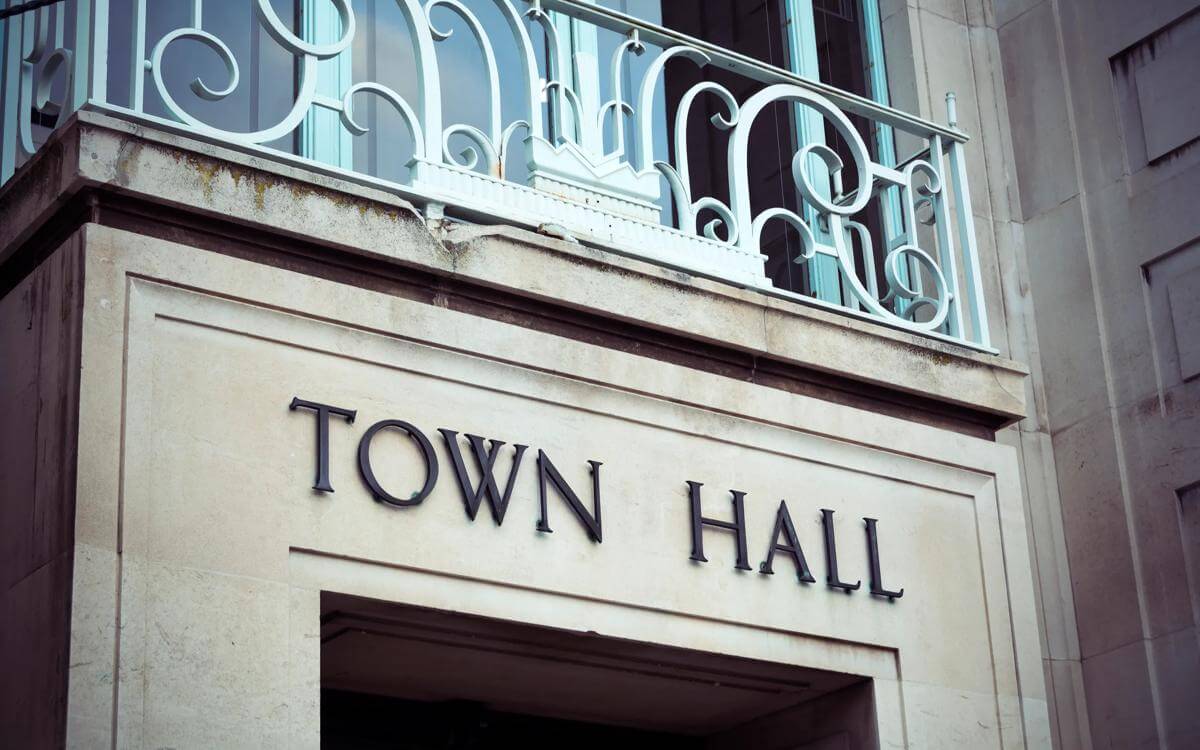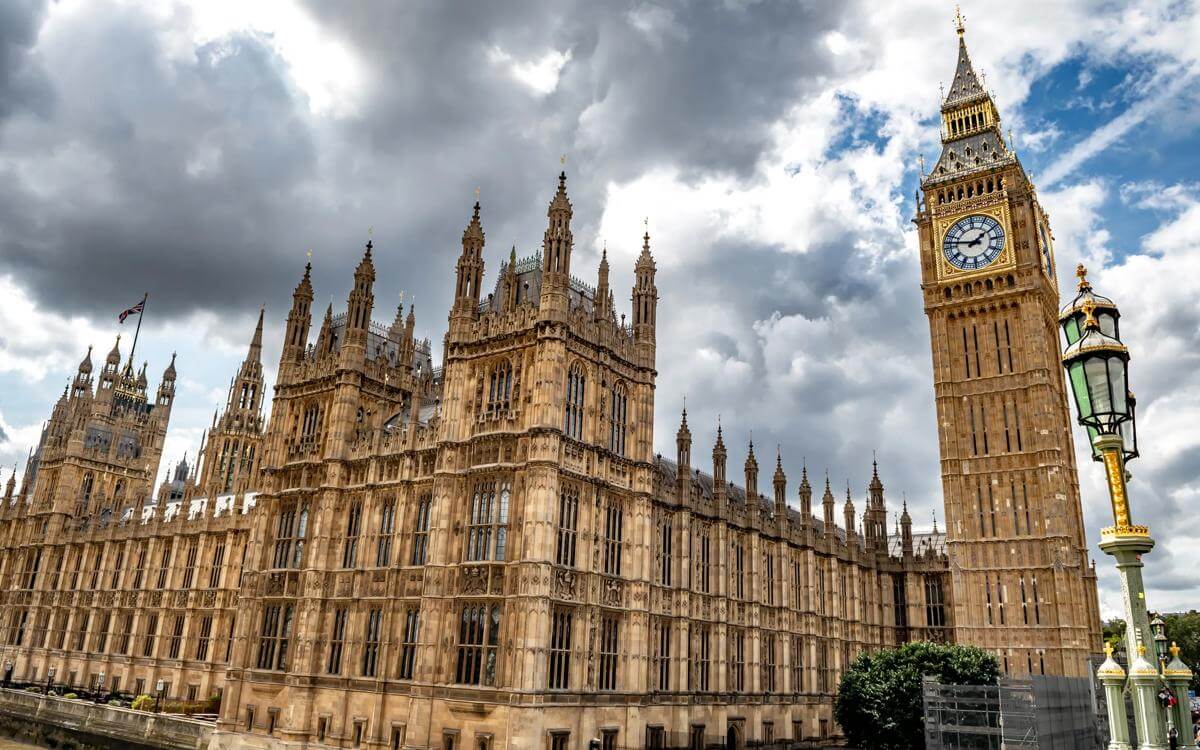This article was first published in Family Law Journal in November 2022.
Sarah Erwin-Jones and Louise Fisher ask whether the Court of Appeal judgment on failure to remove cases may result into more claims against local authorities.
In ‘failure to remove’ claims, the claimant alleges abuse in the family home and asserts that the local authority should have known about the abuse and/or that they should have removed the claimant from the family home and into care earlier.
In this article we will look at HXA v Surrey County Council; YXA (a protected party by his litigation friend, the Official Solicitor) v Wolverhampton City Council [2022], in which Browne Jacobson acted for Wolverhampton City Council (therefore, this article will partly focus on the YXA aspect) , and consider whether this Court of Appeal judgment has widened the scope of ‘failure to remove’ claims, specifically where the claimant has been accommodated pursuant to s20, Children Act 1989 (ChA 1989).
Background
The claimant, YXA, is a severely disabled man, suffering from epilepsy, learning difficulties and autism spectrum disorder. His family moved to the defendant local authority’s area in August 2007. The local authority first became involved with YXA’s family in September 2007. In March 2008, a paediatrician expressed concern that YXA was being over-medicated and recommended that he be placed into care. From April 2008, the local authority arranged for YXA to have respite care. He was accommodated pursuant to s20, ChA 1989 one night every fortnight and one weekend every two months. His parents retained parental responsibility for YXA while receiving respite care.
In 2008, the local authority became aware of further concerns about the family, which included his mother’s alcohol misuse, his father’s cannabis consumption and excessive physical chastisements. The concerns about YXA being over-medicated continued. In 2009, there were yet more problems, including YXA suffering seizures and consequently being admitted to hospital. Towards the end of the year, YXA’s parents’ relationship deteriorated and YXA was placed into emergency respite care. In December 2009, YXA’s mother admitted that YXA’s father physically assaulted YXA and she administered diazepam. YXA was initially accommodated by the local authority pursuant to s20, ChA 1989 and a care order was granted in March 2011.
Procedural history
YXA’s solicitor sent a letter of claim to the defendant local authority in October 2012. A claim form was issued in July 2018, but the particulars of claim were not served until August 2019. The pleadings asserted that the claimant was received into care, on multiple occasions from August 2007 onwards, and therefore the local authority had assumed a responsibility for YXA’s welfare, protection and safety.
The defendant local authority applied to strike out YXA’s claim in July 2020. The hearing took place before Master Dagnall on 26 January 2021 and the claimant made the arguments that a duty arose:
- to consider care proceedings when respite care was provided; and
- to consider whether the child should be returned to the parents at the end of the relevant period of respite care.
By now, the Supreme Court had decided in Poole Borough Council v GN [2019] that a local authority does not owe a duty of care by virtue of carrying out its statutory childcare functions to children living in its community.
However, Master Dagnall was also tasked with considering whether the provision of respite care to the claimant made a difference. He concluded that the local authority owed YXA a very limited duty of care in respect of arranging the respite accommodation, however he rejected the claimant’s arguments on the following basis:
- in the absence of a care order giving the local authority parental responsibility, there is a statutory duty to return the child on demand to the parents and the duty of care asserted by the claimant would therefore be inconsistent with the statutory scheme; and
- while counsel for the claimant had used the analogy of returning a child to a burning building or a parent who was obviously an immediate danger to the child, those dramatic examples were not alleged to be present in this case and it could not be argued that the local authority team created the danger by returning the child to its parents as they were returning the child to its parents in accordance with legislation.
Master Dagnall therefore struck out YXA’s common law claim. YXA appealed Master Dagnall’s decision and the case of HXA and Anor v Surrey County Council [2021] joined the proceedings with the appeal heard before Stacey J on 7 July 2021. Stacey J’s judgment was handed down on 8 November 2021 and endorsed the findings of Master Dagnall (HXA v Surrey County Council; YXA (a protected party by his litigation friend, the Official Solicitor) v Wolverhampton City Council [2021]). Consequently, the claimant’s common law claim remained struck out.
In relation to YXA’s claim, Stacey J concluded that :
- it is important to distinguish between the duty of care which arguably arises after the making of a care order, where a local authority becomes the statutory parent, and the entirely different position of a child who is a looked after child receiving temporary and intermittent care under s20, ChA 1989 with the consent of their parents and where the parents retain exclusive parental responsibility (para 69);
- it is ‘well established’ that there is no duty of care owed in relation to child protection functions generally – temporary accommodation under s20, ChA 1989 cannot be used as ‘a peg on which to assert the assumption of responsibility’ and the imprecise statutory duty in s22(3)(a), ChA 1989 cannot support a duty of care where none would otherwise exist (para 70);
- there is no logical reason why the provision of s20, ChA 1989 accommodation would make a difference as it does not amount the ‘something else’ needed to indicate an assumption of responsibility to take care proceedings and is ‘merely an assumption of responsibility of a duty of care in relation to the accommodation itself’ (para 70);
- post Poole and DFX v Coventry City Council [2021], the question of assumption of responsibility by a local authority so as to give rise to a duty of care to remove a child from their family in child protection proceedings is ‘not a developing, but settled, area of law’ (para 74); and
- neither of the claims disclosed ‘any recognisable basis for a cause of action in the tort of negligence against the defendants’ (para 78).
Both appeals were therefore refused. For a detailed consideration of that decision, see the authors’ previous article, A careful balance, FLJ March 2022.
Court of Appeal
Consequently, both HXA and YXA appealed to the Court of Appeal. The hearing was heard before Baker, Elisabeth Laing and Lewis LJJ and took place in May 2022. The Court of Appeal’s judgment was handed down on 31 August 2022.
The Court of Appeal’s judgment concluded that it was arguable that the provision of accommodation pursuant to s20, ChA 1989 assumed a responsibility not only for the arrangements of accommodation but also a wider duty to ensure the child’s welfare by not returning the child to an unsafe environment.
In addition, "the Court of Appeal concluded that this was a complicated and developing area of law and the courts need to analyse all the evidence at trial before reaching a definitive decision on whether a local authority had assumed responsibility for a child’s welfare". In his leading judgment, Baker LJ said (at para 101):
"Where a local authority has been involved with the child over a number of years, exercising its statutory duties and powers by providing services to the child in order to safeguard and promote his welfare, identifying whether there has been an assumption of responsibility by the local authority may be a complex exercise. For those reasons, as this area of law is still developing, it would be wrong to reach a definitive conclusion and strike out a claim before the evidence has been heard, the facts have been found and a thorough analysis of the exercise of those powers and duties has been undertaken at trial."
Implications
Following the line of case law in Poole, DFX, Champion v Surrey County Council [2020] (unreported, see paras 48 and 49 of the Court of Appeal judgment in HXA and YXA ) and the first and second instance judgments in HXA and YXA, these types of claims appeared to be becoming increasingly difficult to successfully bring in negligence. Before the recent Court of Appeal judgment, we were seeing some failure to remove claims, with or without s20, ChA 1989 placements, either being successfully repudiated or being put on hold pending this and other appeal judgments.
Claimant solicitors appear to consider that the recent judgment is the green light that they have been waiting for and we have seen them expressing their intention to proceed with failure to remove claims, but whether the Legal Aid Agency has the appetite to fund such claims at this stage remains to be seen.
We remain of the view that claimants will continue to struggle with these types of claims, as the Court of Appeal judgment did not conclude that there was an assumption of responsibility in either HXA or YXA. Instead, it stated that a full trial was needed to review all the evidence to determine whether a duty was owed, therefore claimant solicitors must have both the appetite and the funding to progress to trial and be at the risk of losing.
In addition, the Court of Appeal judgment asserted that an assumption of responsibility is arguable and provided an example of when an assumption of responsibility may be established when a child is provided with s20, ChA 1989 accommodation (at para 95), ie:
...if during a period of short-term accommodation, a child informed [their] foster carer, who in turn told the social worker, that [they were] being sexually abused at home, the local authority would plainly be required, by virtue of its duty under [s22(3), ChA 1989] to take steps to protect the child, and that duty would continue after the end of the agreed period of accommodation. Similarly, if in such circumstances the parents withdrew their consent under [s20, ChA 1989] and the local authority failed to take steps to protect the child but instead simply returned the child home, it would plainly be in breach of its statutory duty.
However, this was not the factual scenario in YXA.
The only failure to remove claim that has proceeded to a full trial since the judgment in Poole is DFX, where four siblings brought a failure to remove claim against the defendant local authority in circumstances where the social services department had worked with the family for 15 years. The main concerns were parenting capabilities, contact with dangerous individuals and a risk of sexual abuse by father. The social services involvement was extensive and included s47, ChA 1989 investigations, various child protection conferences, child protection plans, assessment as to the parents’ parenting and other support including nursery placements and assistance at home. But despite the extensive involvement, the claimant in DFX was unable to establish that the local authority owed him a duty of care.
In our opinion , on the current facts, if the claimants in HXA and YXA proceeded to trial, they would continue to struggle to prove an assumption of responsibility.
It is disappointing that the Court of Appeal did not provide the guidance that lawyers specialising in these types of claims were hoping for. These claims are very expensive to run and qualified one way costs shifting (applicable in personal injury cases) means that local authorities will not get their costs paid, even if claims are successfully defended at trial. If social services have assisted a family over many years, there is often a substantial amount of evidence to review. Social workers may have worked with the family over the years and it can be difficult to trace them and stressful for social workers to give evidence when the case goes to trial. Experts in psychiatry and social care are also often required.
The defendant local authorities in HXA and YXA intend to apply to the Supreme Court for permission to appeal, as if these cases are unchallenged, it appears that the only way of compromising these claims will be to proceed to a full trial.
Cases
HXA v Surrey County Council; YXA (a protected party by his litigation friend, the Official Solicitor) v Wolverhampton City Council [2022] EWCA Civ 1196
Poole Borough Council v GN & Anor [2019] UKSC 25
HXA and Anor v Surrey County Council [2021] EWHC 250 (QB)
HXA v Surrey County Council; YXA (a protected party by his litigation friend, the Official Solicitor) v Wolverhampton City Council [2021] EWHC 2974 (QB)
DFX & Ors v Coventry City Council [2021] EWHC 1382 (QB)
Champion v Surrey County Council [2020] (unreported)
Contact

Sarah Erwin-Jones
Partner
Sarah.Erwin-Jones@brownejacobson.com
+44 (0)115 976 6136









































